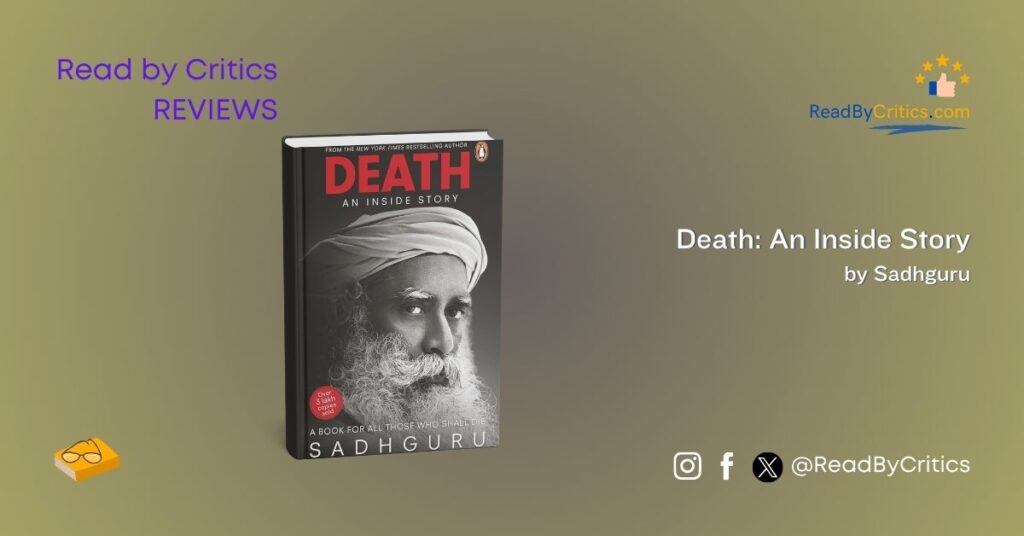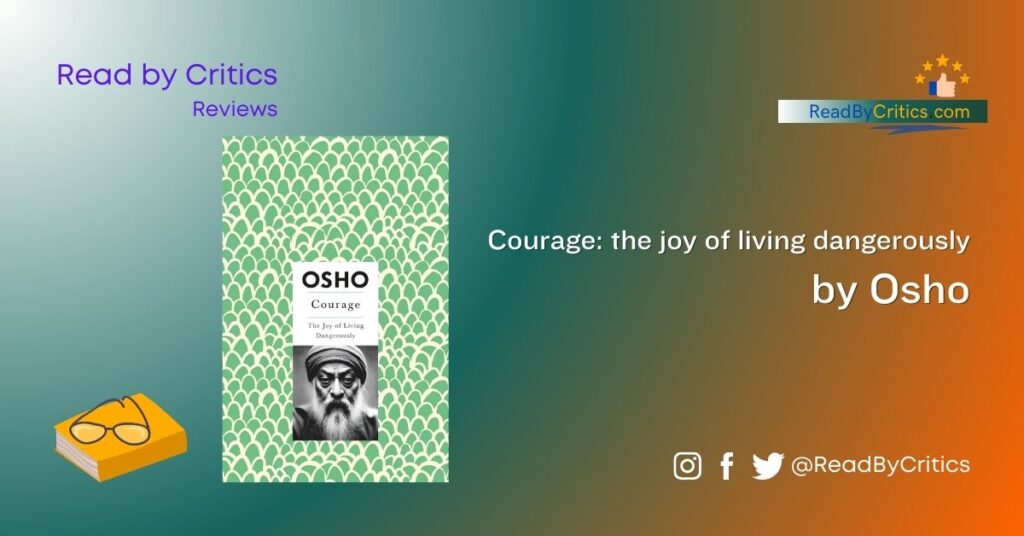When we get the opportunity to witness something new, so new that it defies all the traditional concerns, we often entrap ourselves in the admiration of that ‘marvel’. However, the admiration stays as long as the ‘newness’ of the thing stays before it falls flat and perishes. Ultimately, we realise the traditional approach was the best (at least until the moment something concrete rises with a substantial foundation and aesthetics blended to perfection). The ideas and writings of Acharya Prashant are the same. He goes on to make esoteric remarks. However, he seldom offers a trustworthy foundation so that someone may analyse his assertions. He does the same in his book Karma: Why Everything You Know About Is Wrong.
First of all, let’s admire the courage of this author (who believes himself to be a philosopher). In this book review, you will discover both sides of Acharya Prashant’s debated book.
Introduction:
“Karma: Why Everything You Know About is Wrong” by Acharya Prashant is a thought-provoking exploration of Karma, a fundamental principle in Hindu philosophy. In this book, Prashant challenges commonly held beliefs about Karma and offers fresh perspectives that prompt readers to reconsider their understanding of this complex concept.
Overview:
The book delves into various aspects of Karma, including its definition, role in shaping human experiences, and implications for personal growth and spiritual evolution. Prashant draws upon ancient scriptures, philosophical insights, and practical examples to elucidate his points, making the text accessible to scholars and general readers.
Key Themes:
1. Reinterpretation of Karma: Prashant presents a nuanced interpretation of Karma, arguing that it is not merely a system of reward and punishment but a dynamic force that operates at multiple levels, influencing individual actions and the broader cosmic order. He challenges the deterministic view of Karma, emphasising the role of free will and conscious choice in shaping one’s destiny.
2. Law of Cause and Effect: The author explores the relationship between actions and their consequences, highlighting the intricate web of cause and effect that governs human existence. He emphasises the importance of understanding the deeper motives behind our actions and the ripple effects they generate worldwide.
3. Freedom and Responsibility: Prashant discusses the concept of Karma as a catalyst for personal responsibility and ethical conduct. He argues that acknowledging the interconnectedness of all beings empowers individuals to make conscious choices that align with higher values and contribute to society’s welfare.
4. Transcendence and Liberation: The book explores the transformative potential of Karma, suggesting that by cultivating awareness and compassion, individuals can transcend karmic patterns and attain spiritual liberation. Prashant emphasises the importance of inner growth and self-realisation as the ultimate goal of human life.
Critical Evaluation:
“Karma: Why Everything You Know About is Wrong” offers a refreshing perspective on a timeless concept, challenging readers to rethink their preconceptions and delve deeper into the mysteries of existence. Prashant’s writing is clear and engaging, blending philosophical insights with practical wisdom in a manner that resonates with readers from diverse backgrounds.
One of the book’s strengths is its ability to provoke introspection and self-inquiry, encouraging readers to examine their beliefs and attitudes towards Karma. However, some readers may find Prashant’s ideas challenging or unconventional, especially if they are deeply entrenched in traditional interpretations of Hindu philosophy.
When evaluating the trustworthiness of “Karma: Why Everything You Know About is Wrong” by Acharya Prashant, it’s essential to consider several factors. First and foremost, Prashant’s departure from well-accepted interpretations of Karma and other philosophical concepts raises questions about the validity and authenticity of his perspective.
Critics have pointed out that diverging significantly from established interpretations offered by ancient sages and philosophers requires a strong foundation of scholarship, philosophical insight, and empirical evidence. Prashant’s reinterpretations may be perceived as speculative or unfounded without such support.
For example, in the first chapter, in an answer to the question of right and wrong decisions, the author suggests:
“If your decisions lead to peace, joy, and contentment for you, then they are right. Otherwise, they are wrong.”
More jargon follows this statement. I could salvage only this that makes sense regarding qualifying as an answer to the question. To sound esoteric and pedantic, the author speaks very much and makes little sense. Do you find the answer helpful? Suppose a person would like to *murder* the driver responsible for an accident that killed his friend. This decision should seem perfectly fitting to the grieving one. However, is it right?
There are many other chapters in the book, 40 to be precise. The author discusses different aspects of Karma in these chapters. Offered in a question-answer form, having a conversational narrative, the book seems interesting and sounds confusing for the most part. Answers are not straightforward. It belies the very essence of this book. Acharya Prashant proposes to simplify the age-old concepts of Hindu texts. However, rather than making them more accessible, he (knowingly or unknowingly) further complicates them.
Yes, there are flashes of brilliance in the book. At times, you may find the author’s tone likeable and relatable. However, these opportunities are rare.
Conclusion:
Overall, “Karma: Why Everything You Know About is Wrong” is a compelling exploration of Karma that invites readers to embark on a journey of self-discovery and spiritual inquiry. Whether you are a novice or a seasoned seeker, this book offers valuable insights and guidance for navigating the complexities of life with wisdom and grace.
Hold on; that was just an alternate conclusion. In reality, the book may complicate your mind. You may still read and enjoy it. You may challenge yourself as well. However, you should enjoy it more if you have read some traditional books on the concepts of Karma before.
Review by Nidhi for ReadByCritics
Karma: Why Everything You Know About is Wrong by Acharya Prashant Book Review
-
Critical Rating
Summary
Challenging to read, daunting to understand, difficult to believe! It’s just like going round and round the sphere that has a paper with ‘answer’ written on it!




